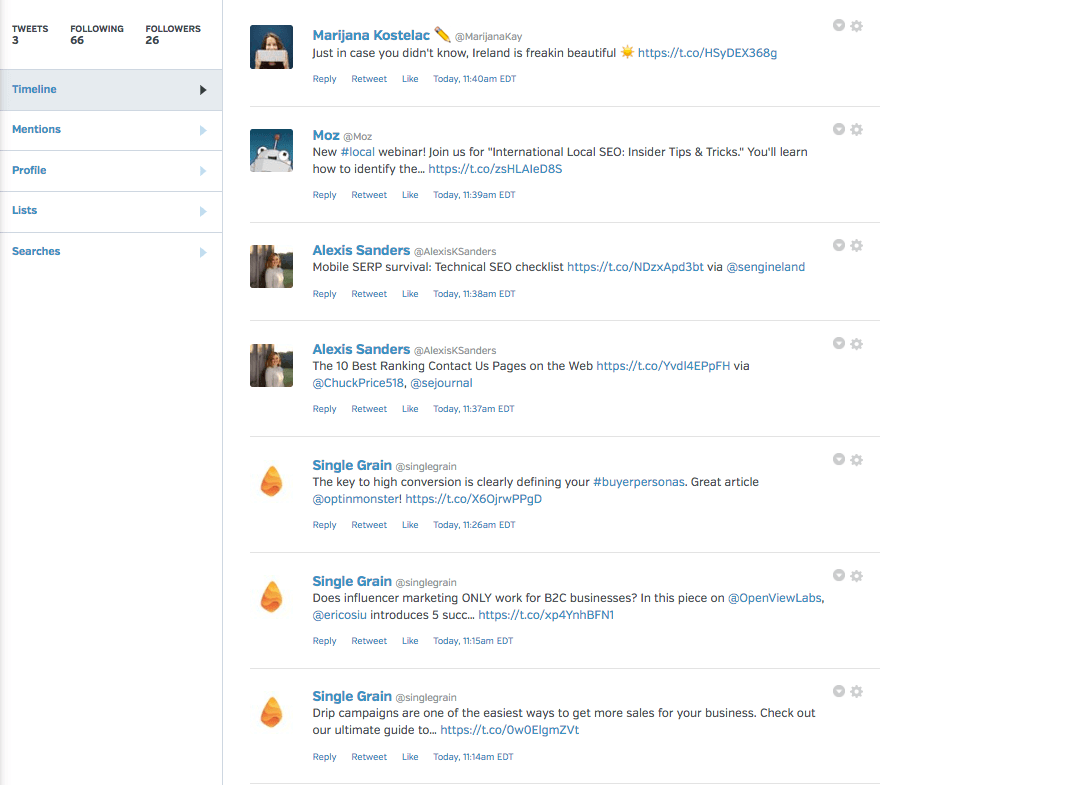Social media crises are a reality and a risk that we all face today. We’re all vulnerable to online attacks that threaten having a lasting and damaging impact on our brand’s reputation, both online and offline, and bottom-line.
Managing your online risk requires more than just social monitoring of your brand. It requires a plan. Do you have one?
Do you know the difference between a social media crisis and a social media issue? Do you know how you’d react to either one?
Here are 12 things you need to know in both social media crises and social media issues, aimed to help you better understand the risks that threaten your brand, as well as how to better protect and prepare your business or organization against them.
1. What is a social media crisis?
A social media crisis is an online situation that has, or risks having, a negative and long-
term impact on your business or organization’s reputation and/or bottom-line.
Social media crises usually involve strong, negative emotions that are relatable and can
easily:
- Outweigh common sense
- Get clients, fans, staff, stakeholders and others riled up
- Provoke viral behavior
2. What are some characteristics of a social media crisis?
Social media crises risk going viral very quickly, in a very short period of time. They risk
being highly unpredictable and, often, unforeseeable.
When not responded to promptly and in a proper manner, social media crises risk having a damaging and lasting negative impact on your brand’s reputation and bottom-line.
3. What is a social media issue?
A social media issue is a lesser situation than a social media crisis – though one that
still needs to be addressed and resolved in a prompt and proper fashion.
Social media issues are negative and potentially viral situations taking place online about your brand, but they do not threaten any severe long-term negative impacts on your brand’s reputation or bottom-line.
Some examples of social media issues include, but are not limited to:
- Negative comments or discussions being posted about your brand online
- Unacceptable comments being posted to your channels
- Negative customer service issues
- Negative press
4. What are some characteristics of a social media issue?
If not responded to in a prompt and proper manner, social media issues risk escalating
into more severe social media crises. However, when responded to quickly and
properly, social media issues define a unique and positive PR opportunity for your
brand.
5. How can I prepare my brand for either a social media crisis or a social media issue?
The best way to prepare your brand for both a social media crisis and a social media
issue is to:
- Assess and understand the risk that social media and the online world
present to your business or organization. This is typically done with a
vulnerability audit or risk assessment. - Take the necessary steps to prevent the preventable risk.
- Develop a social media crisis management plan to protect and prepare
your company against the unpreventable risk. - Train your entire team to be able to efficiently detect, respond and resolve
a social media crisis and a social media issue.
6. How vulnerable am I to a social media crisis?
No company or organization is immune to a social media crisis – or issue for that matter.
A social media crisis can come from anywhere, when you least expect it. It could be the launch of a new campaign, a technical malfunction that leaves clients upset, an angry employee who posts an unwanted video online, or a thousand other scenarios.
The best that any brand can do is to be able and prepared to detect the warning signs of a social media crisis as soon as they begin to show themselves. To communicate effectively and in real-time with your market and your staff through the crisis. To resolve the situation in the least amount of time and with the least amount of repercussions to your brand for the long-term.
7. What should I include within my brand’s social media crisis plan?
A thorough social media crisis plan should include a minimum of the following:
- Social media crisis and social media issues policies
- Social media crisis and social media issues procedures
- Crisis communications team members
- Contact flow charts
- Triage charts and checklists
- Documenting and analyzing procedures and forms for post crisis and issue
documentation - Your brand’s social media policy (or at least a reference and link to it)
- Holding statements
- Crisis related forms
- Crisis management glossary
Your social media crisis plan should be:
- Made accessible to all employees
- Trained and run-through by each member of your crisis team on a regular
basis - Revised and modified after each crisis and issue and/or at least once per
year
8. How/when should I respond to a social media crisis or issue?
Social media crises and issues need to be responded to as soon as they’re detected. Social media crises and issues do not go away on their own, so the sooner you respond, the sooner you calm the situation and begin to regain control.
That’s why it’s so crucially important to make your social media crisis plan accessible to all members of your team. You never know who will be the first to detect a crisis or issue, and you want to make sure that, no matter what, they can easily assess the situation and understand both who to escalate it to and what is expected of them.
9. What are the red flags of a social media crisis?
This depends on your company or organization and what a social media crisis means to
your brand. But if you detect an increasing number of negative mentions or discussions about your brand online in a short period of time, then this is a definite indication that something may be going on that you need to look into more closely.
10. How can I protect my brand’s online reputation?
This is something that needs to be planned and prepared for before your brand’s
reputation is put at risk. A few strategies to develop and implement include:
- A targeted and strategic corporate blog
- Good visibility for your corporate website and blog
- A loyal and vast following on targeted social media channels
- The development of real and valuable relationships with your followers, fans
and clients - A custom, strategic and thorough social media crisis plan
11. Who should be a part of my social media crisis communications team?
This depends on your brand, but team members to consider include:
- Social media monitors
- Senior executives
- Trained spokespeople
- PR team members
- Marketing team members
- Customer service team members
- Internal communications team members
- Backups for all of the above
12. What are some social media crisis case studies that I can learn from?
Fortunately (or unfortunately, depending on your point of view), brands are creating social media crises every day that you can learn from. I update this list of case studies regularly.
Social media crises threaten us all, but with the proper preparation you can empower your company to be able to turn a social media crisis into a positive PR campaign for your brand. All it takes is a little assessing, planning and training.

Now social media marketers can get the credit they deserve by automatically delivering Facebook, Twitter and LinkedIn reports that prove value.





It’s so easy to make a mistake with social media now a days. With so many eyes on your brand, you want to be extra careful while trying to maintain a personable approach. I remember seeing the backlash from the Aurora incident on twitter. That was a huge disaster.